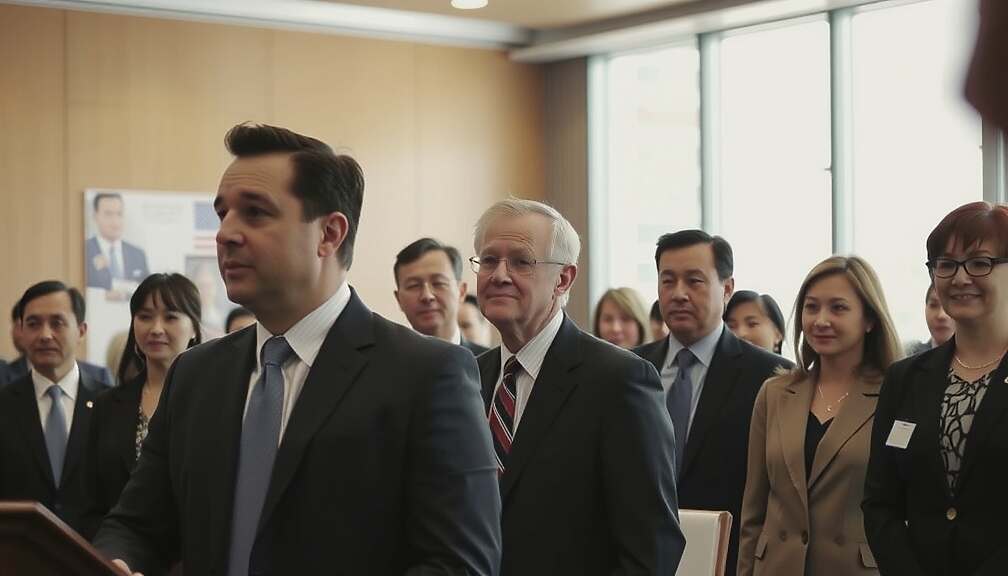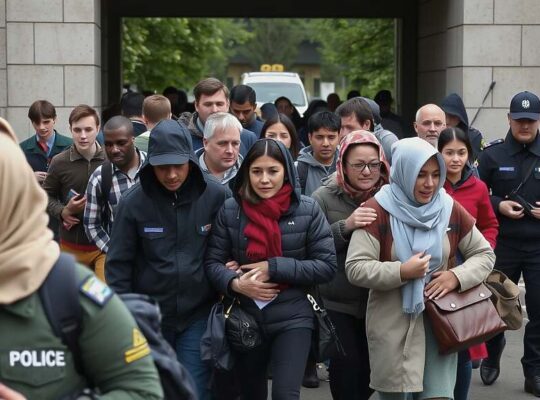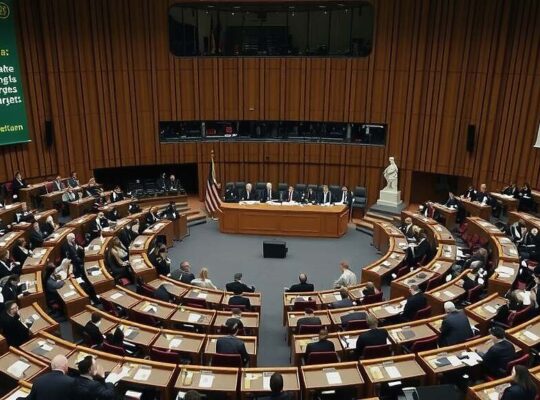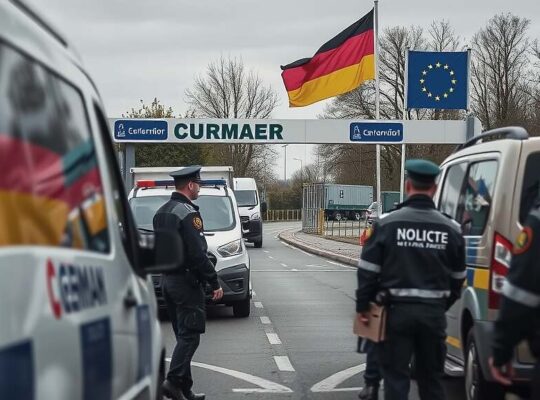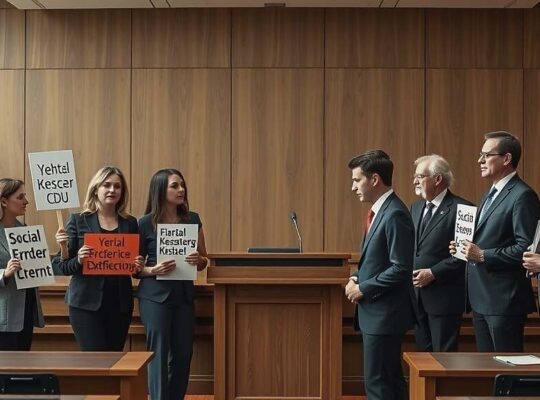The German Federal Minister for Transport, Patrick Schnieder (CDU), unveiled a sweeping reform package on Thursday aimed at drastically reducing the cost and perceived complexity of driver’s license acquisition. The proposals, intended to address affordability concerns amidst rising living costs, have already drawn scrutiny from opposition parties and safety advocacy groups.
Currently, obtaining a class B (standard passenger vehicle) driver’s license in Germany costs an average of €3,400, a figure deemed prohibitive for many young people and low-income families. Schnieder’s plan seeks to alleviate this burden through digitalization, bureaucratic streamlining and increased price transparency for driving schools.
A core element of the proposal involves a significant shift in theoretical instruction. The plan would abolish mandatory in-person classes, transitioning entirely to digital learning platforms, potentially through mobile applications. This move has been criticized by some as potentially sacrificing quality while creating a regulatory hurdle for smaller, independent driving schools that lack the resources to develop and maintain sophisticated online learning tools. Furthermore, critics warn that reliance on digital learning may disadvantage individuals with limited access to technology or those who require more personalized instruction.
The proposed reduction of the theoretical exam question bank from its current 1,169 questions to a cut of one-third also raises concerns. While intended to simplify the examination process, opponents argue that it may diminish the comprehensive understanding of traffic rules required for safe driving.
Practical training is also facing reform, with an increased reliance on driving simulators aimed at reducing the need for specialized manual transmission vehicles and potentially allowing examinations in automatic cars. The reduction of mandatory specific training drives, such as night driving, highway driving and rural routes – with a potential for simulator substitution – is another key change. The return of the practical exam duration to the EU minimum of 25 minutes, following recent increases, has been described as a necessary step, but some instructors worry it may create more pressure on candidates.
Schnieder emphasized that the reforms are intended to prioritize safety, yet the core strategy of reducing costs through deregulation has sparked a debate within the transport sector. Opposition voices are questioning whether the emphasis on affordability is overshadowing essential elements of driver education and risk mitigation.
The proposed changes will now be developed further in collaboration with regional governments and industry stakeholders. Schnieder has set a target of initiating the necessary legal adjustments by the first half of 2026, a timeframe that some observers believe could be overly ambitious given the potential for complex negotiations and regulatory hurdles. The long-term impact on road safety remains a key subject of ongoing discussion and scrutiny.


